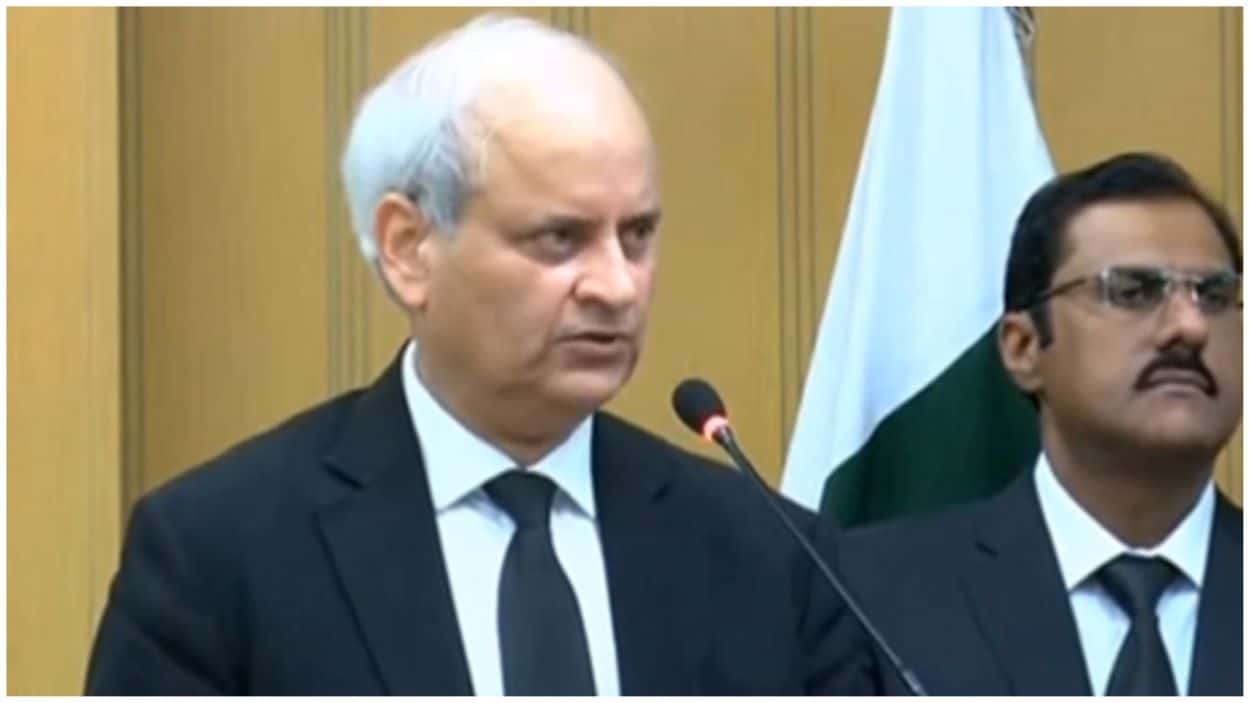Lahore High Court (LHC) Chief Justice Malik Shehzad Ahmed Khan expressed optimism that the establishment’s interference in judiciary affairs will soon cease.
At the inauguration of the judicial complex e-courts in Rawalpindi, Justice Malik Shehzad emphasized the need to confront these intrusions with determination and faith in their eventual resolution.
Justice Khan acknowledged the ongoing issues of establishment interference, noting the receipt of letters alleging involvement in judicial processes. He confidently asserted that such interference would end, citing his experience and the imperative of divine accountability.
Amidst these challenges, he commended the judiciary for performing its duties diligently and impartially. This statement followed a significant event: Six Islamabad High Court (IHC) judges formally accused intelligence agencies of meddling in judicial operations in a letter to the Supreme Court on March 25.
The judges, including Justices Mohsin Akhtar Kayani, Babar Sattar, Arbab Muhammad Tahir, Tariq Mahmood Jehangiri, Sardar Ejaz Ishaq Khan, and Saman Rifat Imtiaz, urged Chief Justice of Pakistan Qazi Faez Isa to call a judicial convention to address these allegations of intimidation and its impact on judicial independence.
Addressing another critical issue, Justice Khan highlighted the protracted delays in case resolutions, with some cases taking up to 30 years, affecting multiple generations. He attributed these delays to witness unavailability and has consulted with other high court judges to seek solutions.
Further discussing logistical challenges, he noted the difficulties faced by Pakistanis abroad in attending court sessions and securing their properties within Pakistan. He revealed that e-courts would review legal matters to mitigate these issues, restricting absconders from using video links to appear in court. However, he assured that overseas Pakistanis could use video link facilities through embassies.
Lastly, Justice Khan attributed some of the delays in case proceedings to lawyers’ practices, emphasizing the need for reforms to expedite judicial processes.






